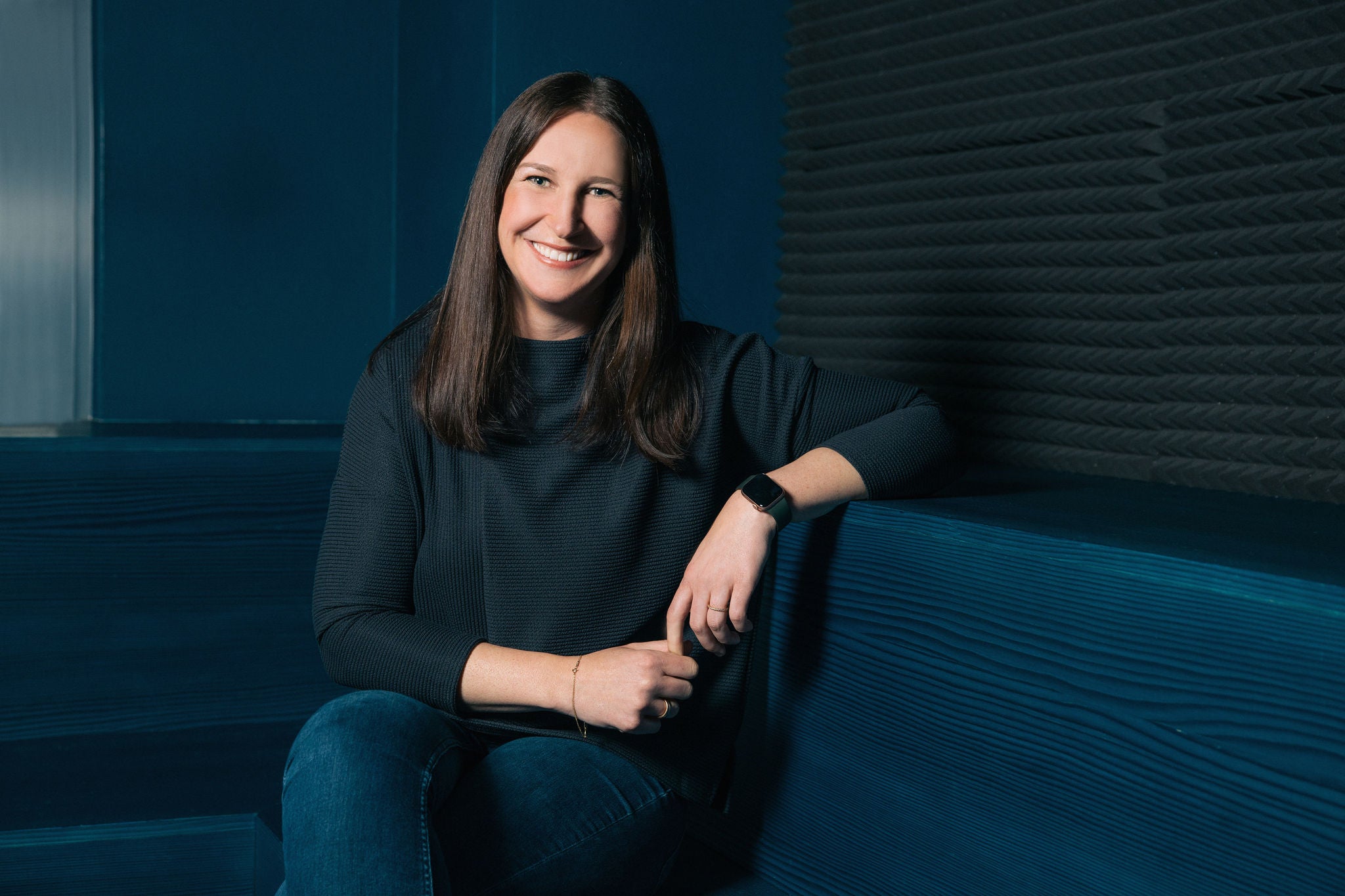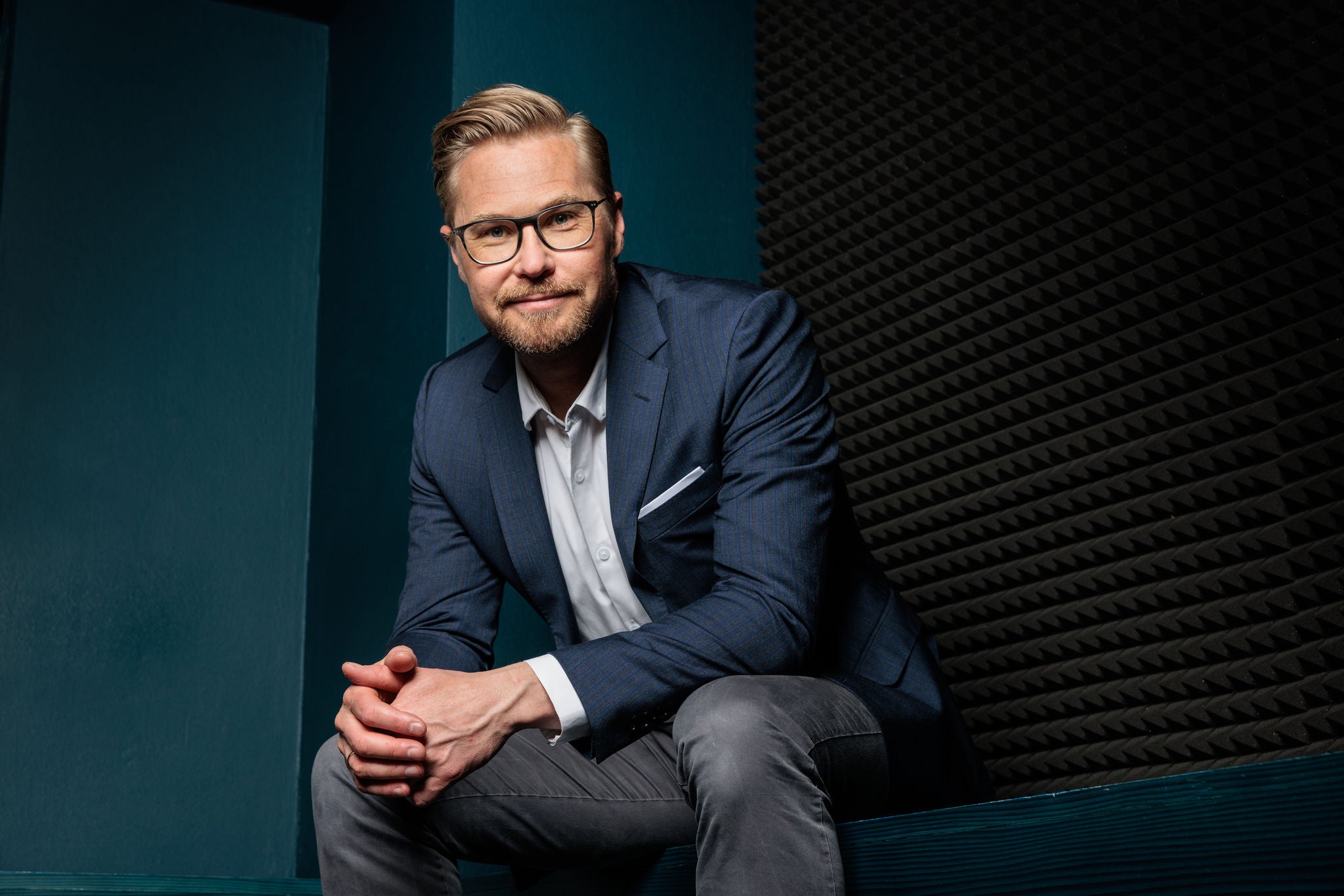As the South by Southwest Conference enters into its fifth day, a clear narrative is emerging across the tracks: The Age of Intelligence requires a new approach for organizations to embrace AI transformation, engage consumers, and thrive in this new digital era.
The End of the Information Age – The Dawn of the Intelligence Age
"3000 years of the Agrarian Age, 300 years of the Industrial Age with mechanical muscles, 30 years of the Information Age with mechanical memory, and now we're only three years into the Intelligence Age of mechanical thinking," explained Deloitte's Chief Futurist Mike Bechtel. This compression of technological evolution has created whiplash for organizations still operating with yesterday's mental models.
Ian Beacraft, Chief Futurist at Signal and Cipher, echoed this sentiment in his SXSW session: "Tomorrow’s technology collides with yesterday's mental model. We lack the context and vocabulary for new tech yet, just as with all new media, which we initially treated like the ones we had experience with."
From Big Data to Small Data: The New Competitive Edge
A key theme running through several sessions is how the data paradigm has fundamentally changed. For the past 25 years, big data has been the most valuable corporate asset. Now, according to SXSW experts, big data has become a commodity. Large Language Models (LLMs) have been trained on approximately 99% of available data on the internet, effectively codifying most human knowledge.
"As LLMs commodify, they will make you average," warned Beacraft. "If all you do is use the model out of the box, you'll just hit benchmark with no extra value." The true competitive advantage now lies in the proprietary data that organizations possess – the less than 1% of business and personal data that hasn't been incorporated into general AI training.
From Optimization to Transformation
Another critical shift is moving beyond mere efficiency gains toward true transformation. For the last 24 months, many organizations have focused exclusively on using AI to optimize existing processes, but forward-thinking leaders at SXSW advocated for a more holistic approach.
Mike Bechtel presented a compelling "waterline metaphor", dividing organizational activities into two categories: Above the waterline lies profitable growth driven by differentiated products and services. Below the waterline? The boring things like administration, back office, infrastructure. "Time spent in the muck is time stolen from working magic," Bechtel explained. While AI can drive tremendous efficiency in below-the-waterline activities, the real competitive advantage comes from using these tools to enhance creativity and innovation above the waterline.
The Skills Revolution: Adaptability vs. Specialization
The complete reinvention of how we approach skills and talent development is perhaps the most significant organizational challenge discussed at SXSW 2025. "The business case for knowing things is approaching zero," Bechtel said, "Today, it's how you think, not what you know."
In what Beacraft calls "the Skill Flux Era", the shelf life of technical skills has collapsed to just 2.5 years and continues to shrink. This acceleration creates unprecedented challenges for workforce development, with some experts predicting skills cycles as short as six months in the next decade – while careers getting longer and longer as life expectancy increases. "We have no infrastructure and no reference for that," Beacraft noted, "Skills are rapidly changing because of their value, and the only way to solve this is to understand what AI can do for you."
The solution proposed by multiple speakers involves a fundamental shift from specialization to cross-disciplinary thinking: "Specialization has been a reliable path to reaching par with best practices. Cross-pollination is creating next practices," Bechtel explained. Organizations must now prioritize what he calls "serial collaborators" and "intellectual promiscuity": individuals who can connect the dots across multiple domains rather than perfect a single specialty. "Learning and development budgets will have to match or eclipse our technology budgets," Beacraft predicted, with "surge skilling" becoming a critical competitive differentiator.
Beyond Technology: The Human Consumer Remains Complex
Amidst all the technological change, it is important to remember that marketing still deals with consumers who often don't behave rationally, and that human psychology still fundamentally drives market outcomes. In an entertaining and well-researched session Nancy Harhut, HBT Marketing, highlighted three common mistakes marketers make when approaching today's consumers:
- Assuming information changes behavior: While content and education remain essential, Harhut demonstrated that emotional connections drive decision making, even in B2B contexts where emotional messaging can significantly increase sales. She also emphasized the power of implicit egotism (the attraction to things that remind us of ourselves) in decision making.
- Assuming people understand price and value: Harhut showed how psychological factors such as present focus bias (preferring immediate gratification over future rewards), mental accounting (categorizing money differently based on its source, such as tax refunds or extra pay vs. salary), and magnitude encoding (perceiving prices differently based on presentation) influence purchasing decisions in ways that defy rational economic models.
- Assuming need drives purchase: In addition to addressing needs, successful marketing taps into reciprocity (the obligation to return favors), scarcity (desiring what's limited), anchoring (using reference points to influence purchase quantity), and hot-state decision making (making different choices when emotionally aroused).
Balancing Transformation and Humanity
As the Intelligence Age accelerates, the organizations that thrive will be those that balance technological transformation with a deep understanding of human nature. They'll use AI to handle the routine, while empowering their people to focus on the creative and strategic. They'll build Small Language Models trained on proprietary data, while cultivating teams that can connect the dots across disciplines. And they'll never lose sight of the irrational, emotional, and wonderfully human aspects of consumer behavior that no algorithm can fully predict.
The resounding message from SXSW 2025 is clear: The future doesn't belong to those who simply deploy AI tools, but to those who reimagine what's possible with them.
First published by Horizont.
For more insight into what's happening at SXSW 2025, click here.



